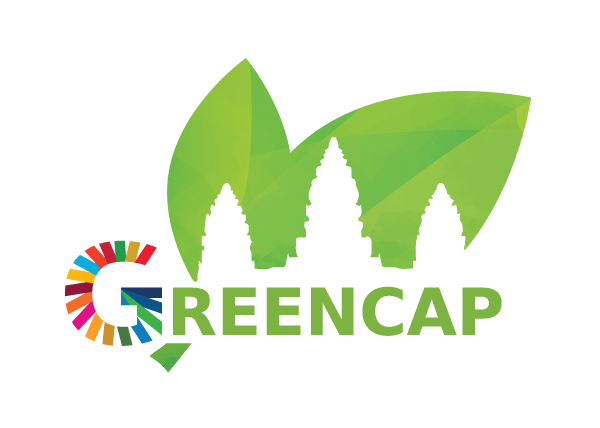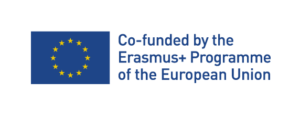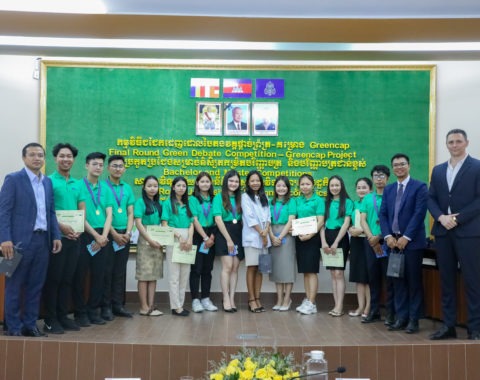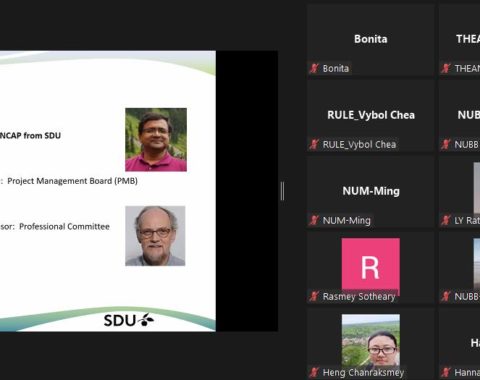GREENCAP is a joint co-funded EU Project: it means that it aims at producing outcomes that benefit principally and directly the Cambodian universities. The GREENCAP Project specifically focuses on strengthening relations between Cambodian universities and the wider economic and social environment.
But this does not mean we despair of producing an impact on higher education systems and promoting reforms at national level. Quite the opposite indeed as we hope, by choosing SDG’s and environment as the common thread for our project, to have a sustainable approach. This is why we decided from the very start of the project to involve decision makers which could make an impact on higher education and its relationship with the environment and sustainable development.
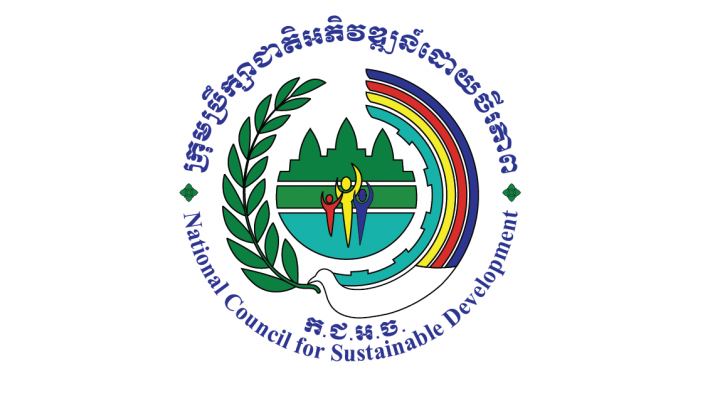
The Royal Government of Cambodia’s commitment for mainstreaming the environment and natural resources sustainability into the national development framework is demonstrated through the establishment of the National Council for Sustainable Development (NCSD) on 9 May 2015.
The NCSD is an inter-ministerial institution with Samdech Techo Prime Minister as its Honorary Chair, and Minister of Environment as its Chair. It draws its membership from key ministries and institutions as well as all governors of municipality and provinces.
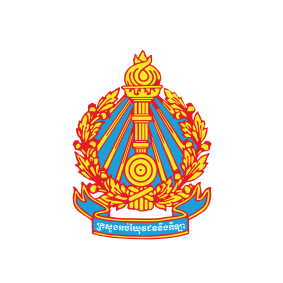
The Ministry of Education, Youth and Sports (MoEYS) of Cambodia has the mission of leading, managing and developing the education, youth and sport sector in Cambodia, responding to the socio-economic and cultural development needs of its people and the reality of regionalization and globalization.
One of MoEYS’ vision is to establish and develop human resources that are of the very highest quality and are ethically sound in order to develop a knowledge-based society within Cambodia.
A major challenge for the coming years will be to address the mismatch between the needs of the labor market in terms of skills, critical thinking ability and knowledge and the current products on the market. It requires better understanding of the labor market, better coordination and links with industry and better information for students so they can select appropriate courses.
Maintaining high quality programs, internationally acceptable certification within an affordable pricing structure is also a challenge. Further work and increased resources will be required to ensure that more talented students from disadvantaged backgrounds can access higher education through scholarship programs or possibly student loan schemes.

